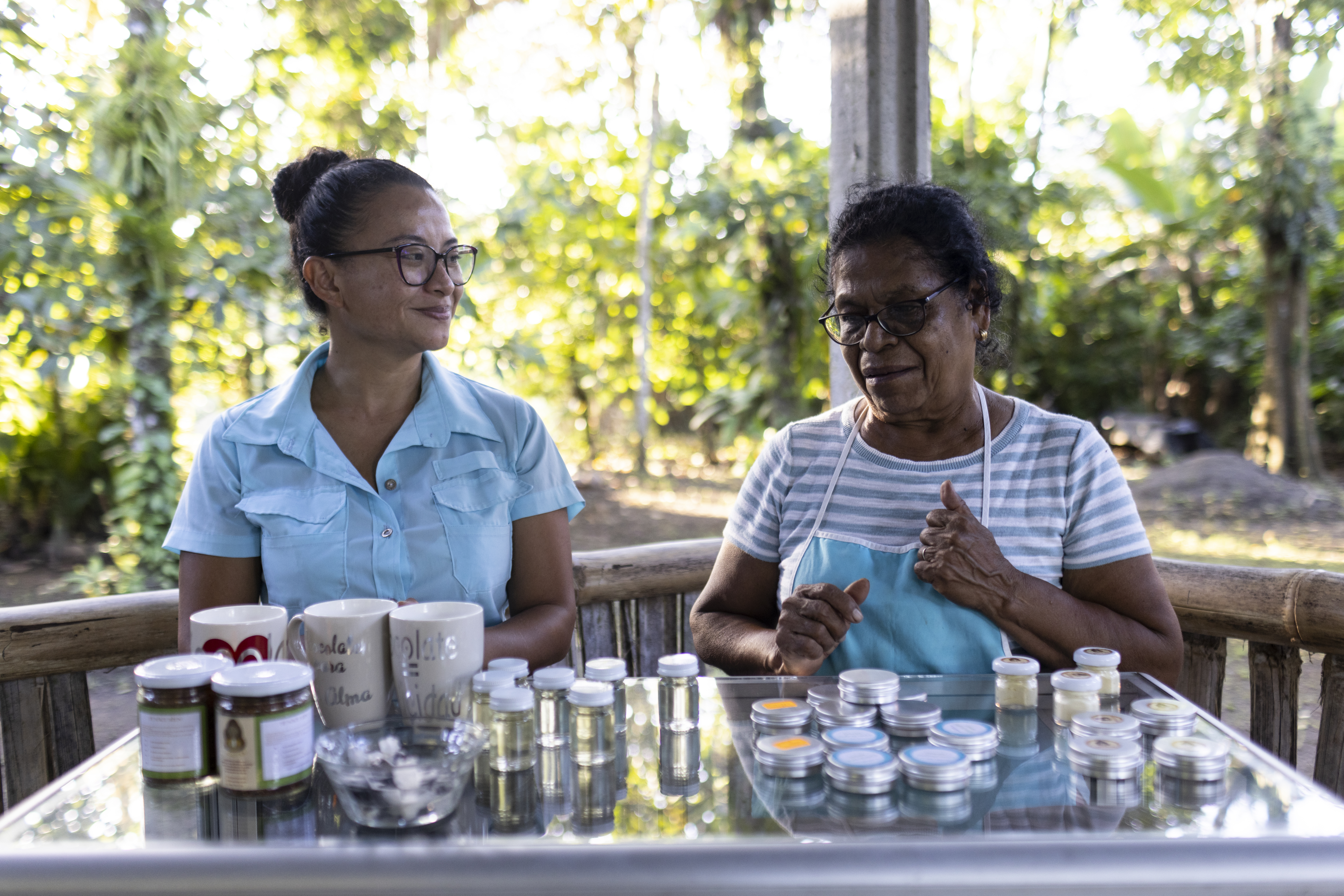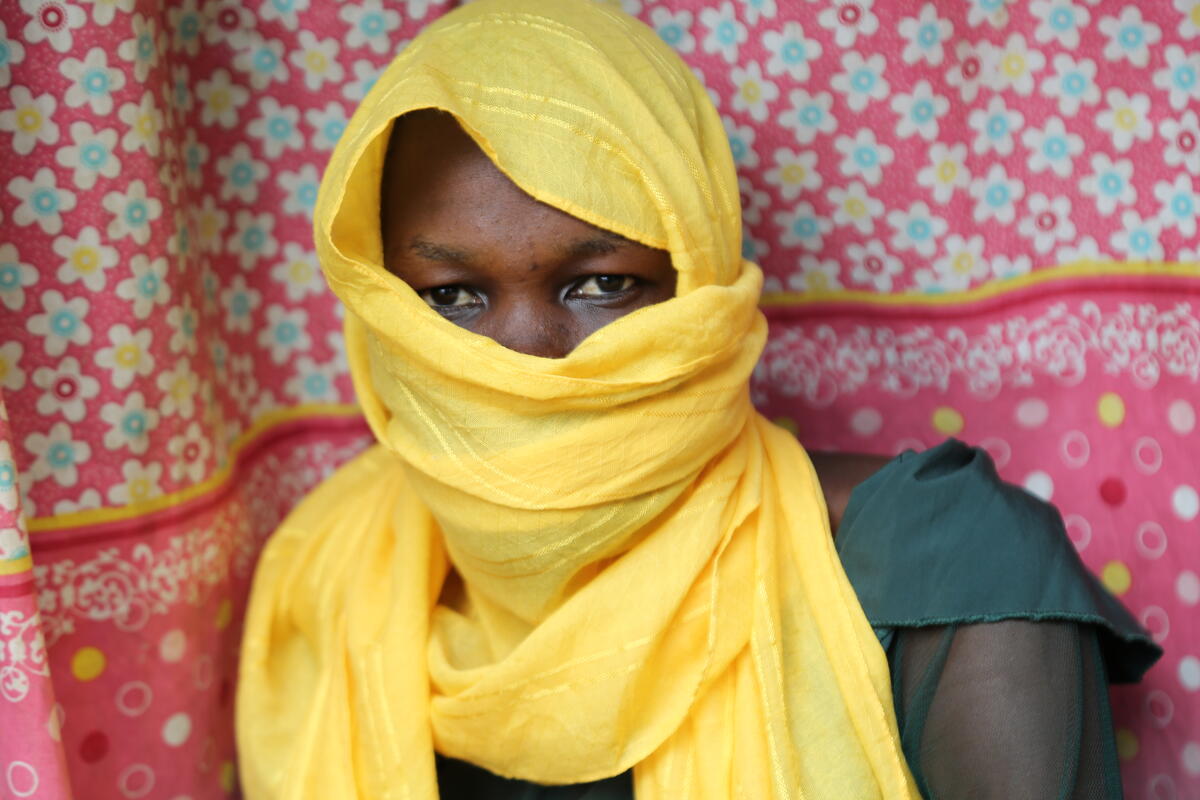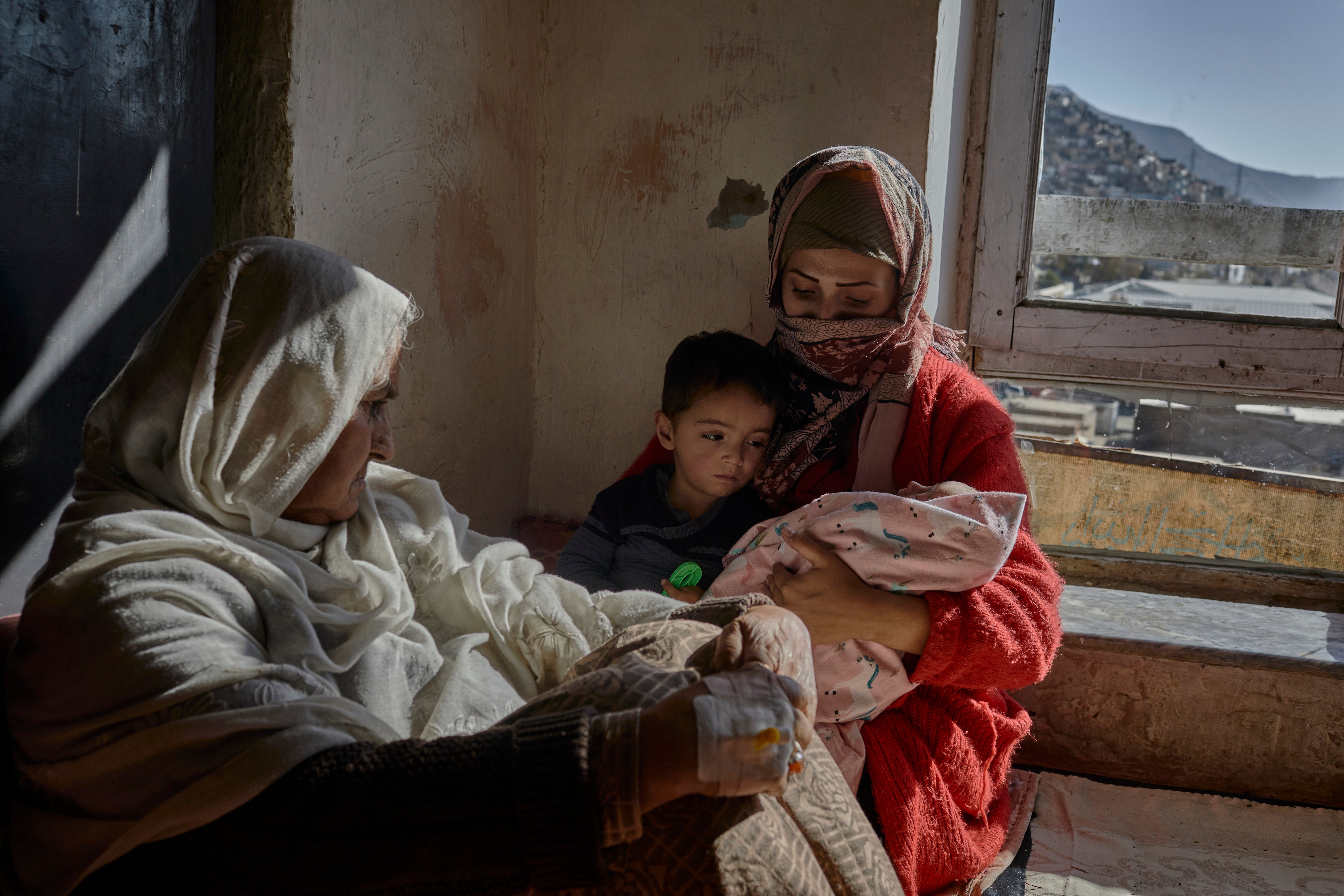Refugee women gain more recognition, support in Brazil
Refugee women gain more recognition, support in Brazil

BRASILIA, Brazil, August 22 (UNHCR) - In a sign of their growing visibility and support in Brazil, refugee delegates took part in the recent Second National Conference on Policies for Women here in the Brazilian capital.
Support for female refugees was included among the final resolutions of the August 17-21 conference, which was attended by more than 2,500 delegates from around the country. The meeting passed a resolution to include women refugees' issues among Brazil's national policies for women.
"To participate in this conference is an important step for us as refugees in Brazil," said Lilia Vargas. "I am learning about our rights and about the kind of public policies that we can be included in," added the Colombian, who fled to Brazil from her homeland in 2004 after receiving threats from armed groups because of her human rights activism.
"I fought 22 years for women's rights [in Colombia] and now, as a refugee, I can see that we women have to keep on facing an intense struggle against discrimination and fight for our rights," she added after attending the meeting, which came three years after the inaugural event.
Vargas and ethnic Serb refugee Dragica Sebescen were invited to attend by Secretary for Women's Affairs Nilcéia Freire. The conference focused on the struggle for gender equality and specific women's rights.
Sebescen, who arrived in Brazil from then Yugoslavia in 1992, stressed the importance of the conference in promoting the rights of Brazilian women and supporting female refugees. "We need to be heard and seen more, and this kind of conference will help us," she said.
Brazil has been paying more attention to refugee issues in recent years and is one of only a handful of countries in South America to offer resettlement places to vulnerable refugees, including women at risk.
The presence of Vargas and Sebescen at the women's conference is a further sign of Brazil's positive approach towards refugees, whose public visibility has been rising here.
UNHCR, meanwhile, works with public and private partners to protect, assist and advise single mother refugees who have arrived in Brazil with their children. Both Vargas and Sebescen benefited from such programmes and retain close ties with UNHCR.
The UN refugee agency facilitates access to care centres for infants while their mothers are out working or looking for work. UNHCR and its partners also offer professional training and capacity-building to give single mothers a greater chance of finding employment and becoming self reliant.
"Although refugees and asylum seekers have access to public health and education, job opportunities are scarce and a lot of refugees require professional qualification to increase their possibilities to get a wage-earning job. It is harder for women and we must have a special focus in our programmes to address their specific needs," said Luis Varese, UNHCR's representative in Brazil.
Both Vargas and Sebescen got started with help from UNHCR. Vargas studied hairdressing and now runs her own beauty salon, while Sebescen makes a living from sewing and from teaching modelling.
According to official figures, there are about 3,550 recognized refugees in Brazil from dozens of countries. Almost 80 percent are from Africa.
By Valéria Graziano in Brasilia, Brazil









